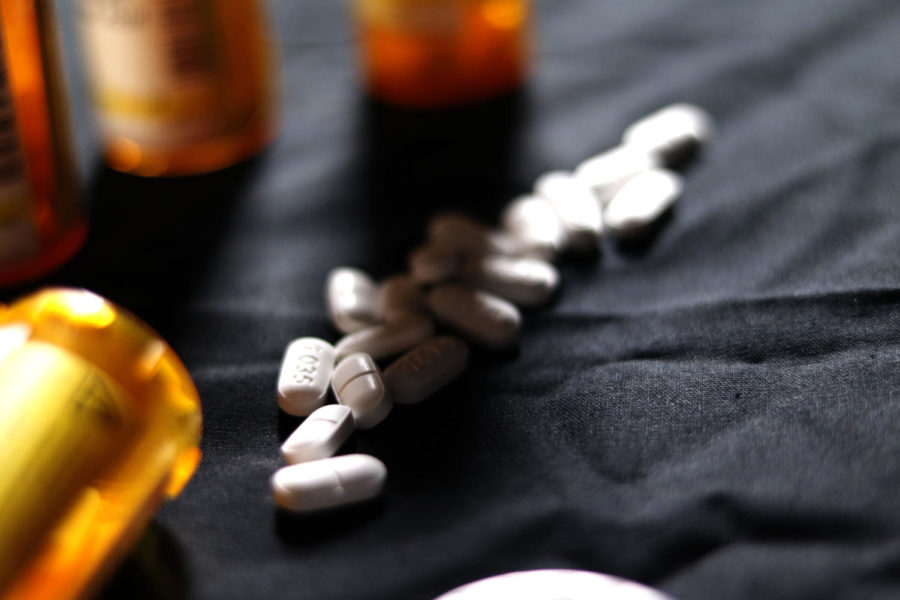Editorial: The lingering issue with opioids
The opioid crisis has become a very well known or at least heard phrase and prevention and rehabilitation for the addiction is slowly being talked about more and more. According to research, the crisis has not reached Iowa but it seems to be a matter of time.
April 22, 2018
This week, the Daily’s short documentary, “Opioids: On the Cusp of Crisis” debuts to tell the story of the opioid epidemic in Iowa. The ISD Editorial Board has discussed this crisis before but would like to further the conversation and encourage our lawmakers to make smart policy decisions to help combat this growing problem.
The opioid epidemic now claims an estimated 115 lives a day in the U.S. They account for three out of five drug overdose deaths with 40 percent of those opioid deaths involving medical prescriptions.
It is clear that opioids are easy to obtain and highly addictive with deadly consequences. The death rate is even higher than the rate during the worst part of the HIV/AIDS crisis. Significant progress has been made with the latter crisis and serves as a beacon of hope.
However, lawmakers consistently miss the mark when they legislate according to the dangerous War on Drugs policies of the past.
Laws that don’t work to treat addiction as the medical condition that it is will not solve this crisis. Harm reduction techniques and addiction treatment should be coupled together in a comprehensive strategy to combat this epidemic.
Needle-exchange programs allow people who inject drugs to do so safely. It is not promoting the use of injectable drugs, but rather cuts down on the spread of diseases like HIV and hepatitis C.
First responders in high drug use areas should be trained with Narcan—a lifesaving drug that can bring people back from the edge of death during a heroin overdose.
Rehabilitation addiction treatment should be offered for non-violent drug offenses instead of jail time. Treatment is more effective in both fiscally and its intended outcome.
These aren’t only the smart policy decisions, but they are also the most humane. Prohibition and harsh sentencing laws have not—and will not—solve this issue. We need a kinder more sensible approach to addiction and drug use. We need to rewrite our outdated and racist drug laws that are packing our prisons. We need leadership from our elected officials.
















